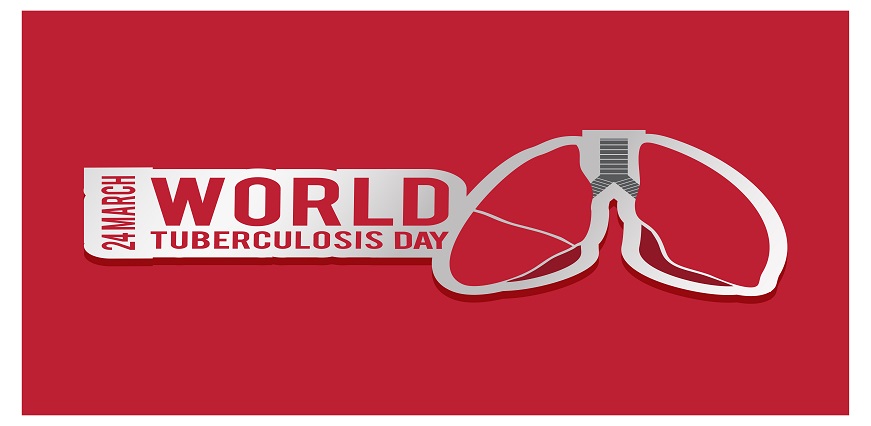





No lab centers are available in this city

Max Lab
Dec 18, 2024
Heart cancer is often overshadowed by more common types of cancer, yet it deserves attention and awareness. Known medically as primary cardiac tumors, these cancers can develop in the heart or originate from other parts of the body, leading to secondary heart cancer. Understanding this rare illness is crucial for early detection and effective treatment.
Heart cancer can be elusive, often mirroring symptoms of other conditions. Recognizing the signs early is crucial for effective management.
Patients may experience unexplained fatigue or weakness, which can stem from a variety of factors but should never be ignored. Chest pain or discomfort that doesn’t seem to have an obvious cause could also indicate something more serious at play.
Swelling in the legs, abdomen, or around the eyes might signal fluid retention issues related to heart problems. If you notice persistent coughing or difficulty breathing without any clear reason, it’s essential to consult your doctor.
Heart cancer is relatively rare compared to other cancers. However, it can be categorized into different types based on the origin of the tumor.
Primary heart cancer begins in the heart itself. The most common type is angiosarcoma, which arises from blood vessels within the heart. Another variant includes cardiac sarcomas, which are malignant tumors that develop from connective tissues.
Secondary heart cancer refers to tumors that spread to the heart from other parts of the body. Common sources include lung and breast cancers. These metastatic cases pose unique challenges for treatment and management.
Heart cancer, though rare, can arise from various causes and risk factors. The exact reasons are often not well understood. However, certain genetic mutations have been linked to the development of tumors in heart tissue.
Age is another significant factor. Most cases occur in adults over 50, highlighting how time can influence cellular changes in the body.
Exposure to specific environmental toxins may also play a role. Chemicals like formaldehyde or those used in certain industries could increase risks for some individuals.
Underlying health conditions can contribute too. People with a history of radiation therapy for other cancers might face heightened chances of developing secondary heart cancer later on.
Diagnosing heart cancer can be complex. Doctors often start with a thorough medical history and physical examination. This initial step helps identify any symptoms or risk factors.
Biopsy is another essential procedure for confirming the presence of cancer cells. A sample of tissue may be extracted from the heart for analysis under a microscope.
Blood tests can also support diagnosis by checking for specific markers associated with heart cancer.
Treatment options for heart cancer can vary significantly depending on the type and stage of the disease. Surgical intervention is often a primary approach, especially if the tumor is localized. Surgeons may remove part or all of the affected tissue.
Radiation therapy may also be utilized to target tumors that are difficult to reach surgically. It works by damaging cancer cells and preventing them from growing.
Chemotherapy plays a crucial role as well, particularly in advanced cases like heart cancer stage 4. This systemic treatment uses powerful drugs to kill rapidly dividing cells throughout the body.
Emerging treatments such as targeted therapies and immunotherapy are showing promise too.
Coping with heart cancer is a unique journey that requires emotional and physical support. Patients often face anxiety, fear, and uncertainty about their health. Connecting with loved ones can provide comfort and reassurance during this challenging time.
Support groups are invaluable resources. They offer a space for patients to share experiences, fears, and triumphs with others who truly understand what they’re going through.
Practicing mindfulness techniques like meditation or yoga can help manage stress levels. These activities encourage relaxation and promote mental well-being.
Physical activity should be approached cautiously but remains essential for overall health. Gentle exercises tailored to individual capabilities can boost energy levels and improve mood.
Preventing heart cancer begins with understanding the risk factors. While some, like genetics, are unavoidable, lifestyle choices play a significant role. Maintaining a healthy diet rich in fruits and vegetables can lower risks. Regular exercise also strengthens the heart and promotes overall well-being.
Early detection is crucial for effective treatment. Routine check-ups allow doctors to monitor any unusual symptoms or changes in health status. Be vigilant about signs of heart cancer—persistent chest pain or unexplained fatigue may warrant further investigation.
Advancements in medical technology have made screenings more accessible than ever before. Imaging tests such as MRIs or echocardiograms help identify abnormalities early on.
Heart cancer is a rare but serious condition that requires awareness and understanding. By recognizing the common symptoms, individuals can seek timely medical attention. Knowing the different types of heart cancer and their causes helps in identifying risk factors.












Sign up takes less than 60 secs and gives you access to your offers, orders and lab tests.
Looks like you are not registered with us. Please Sign up to proceed
OTP will be sent to this number by SMS
We have successfully received your details. One of the agents will call you back soon.
 To reach our help desk call 9213188888
To reach our help desk call 9213188888
No Lab Centers are available in this city
Looks like you are not registered with us. Please Sign up to proceed
OTP will be sent to this number by SMS
Not Registered Yet? Signup now.Looks like you are not registered with us. Please Sign up to proceed





 7982100200
7982100200.png)
Comments